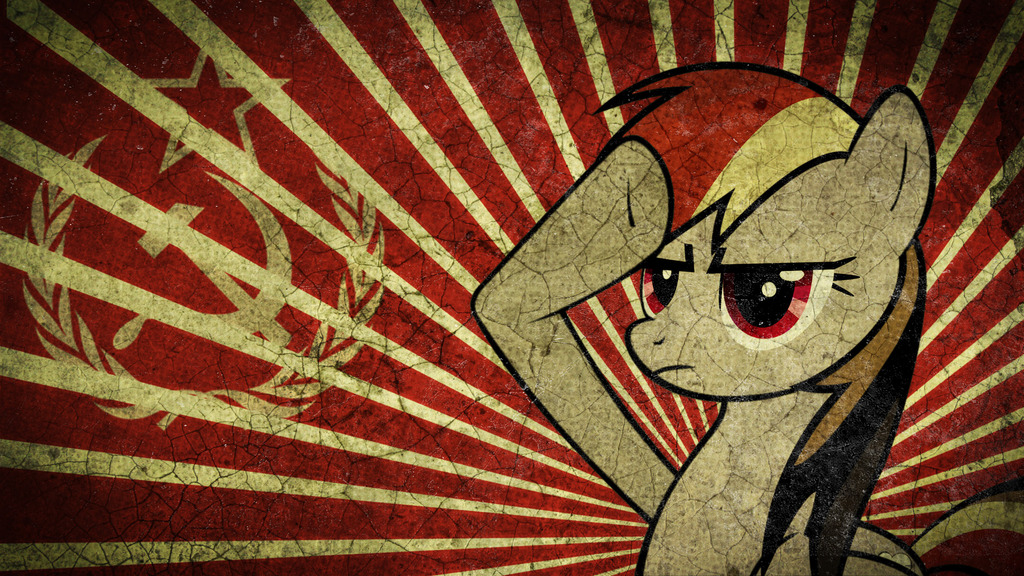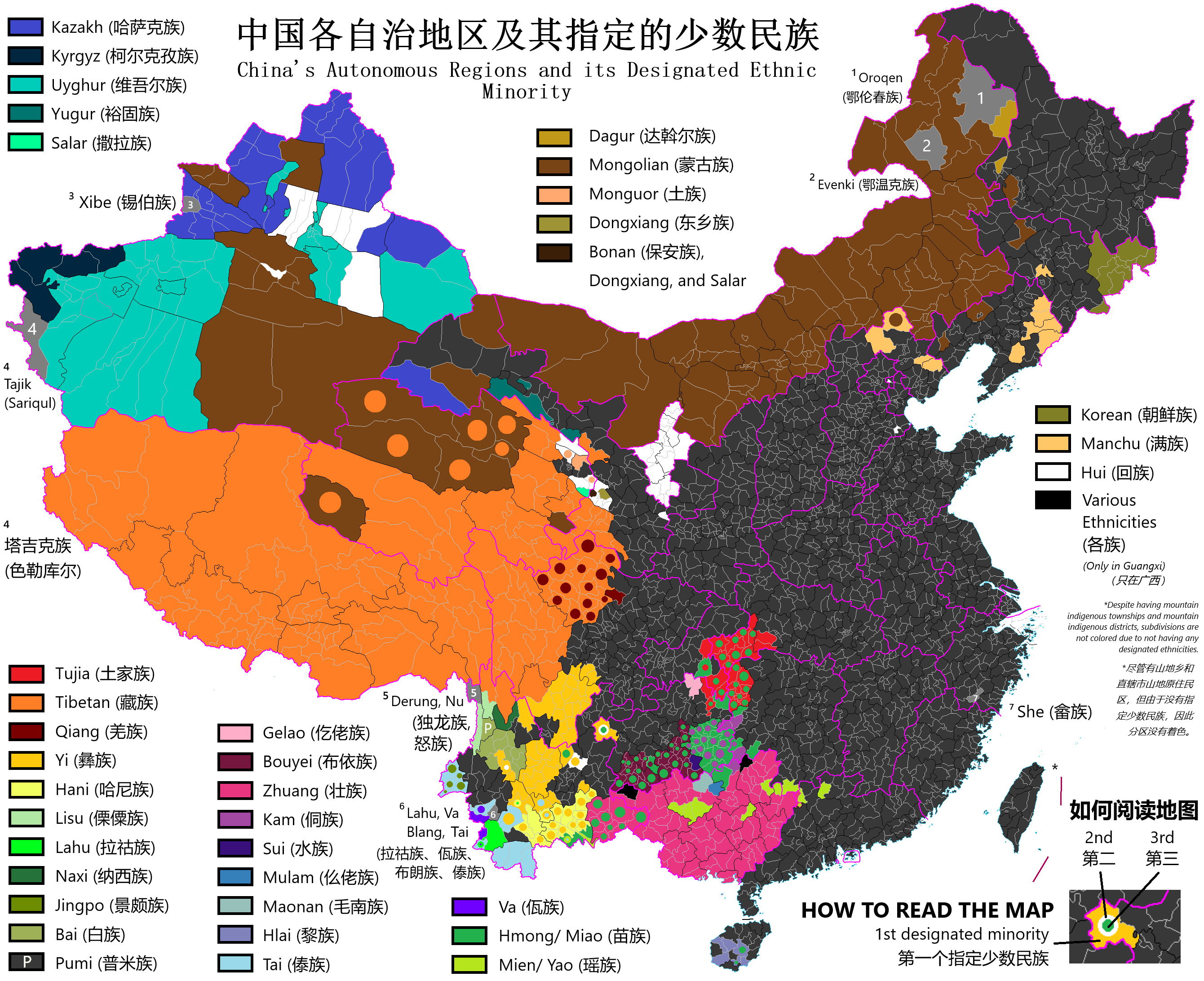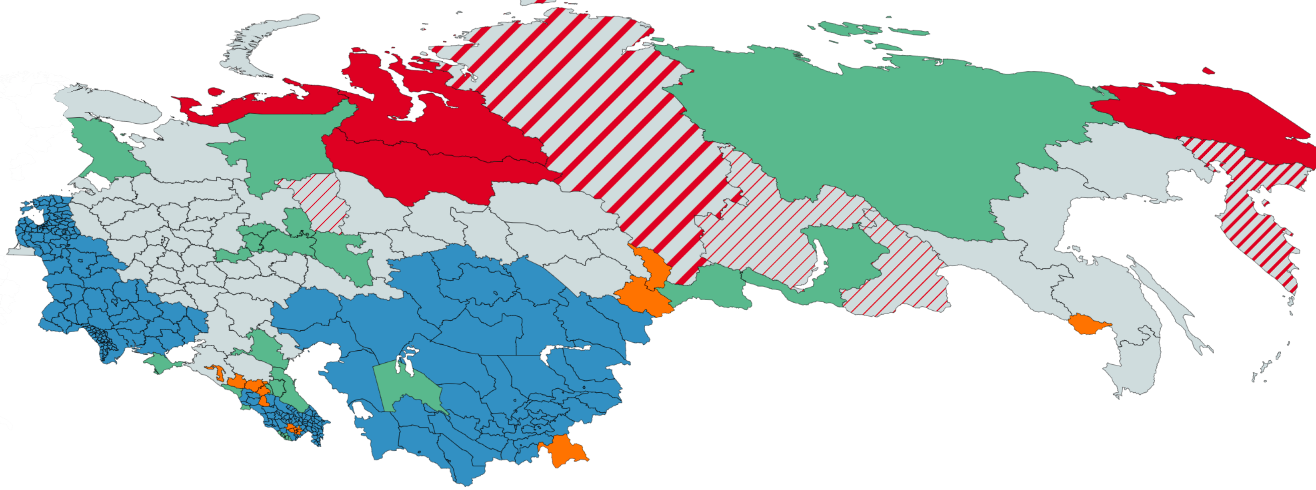USA, Canada, Australia, New Zealand, and similar nations are settler-colonial nations where the indigenous people have been genocided to the point where settlers vastly outnumber them. How is decolonization going to work in this situation?
Bonus: How is a post-revolution Japan going to reconcile with the Ainu and Ryukyu people?


For the USA, Canada, and Australia, I think we should create something like the Soviet of Nationalities in the USSR where all nations in the country have a certain number of representatives. In the USSR it was 25 or 32 for a union republic, 11 for an autonomous republic, 5 for an autonomous oblasts, and 1 for autonomous okrugs. The Soviet of Nationalities, along with the Soviet of the Union elected based on population, had to approve all laws by a majority vote and Russia (excluding non-ethnic Russia autonomous regions within Russia) held less than 10% of the seats in the Soviet of Nationalities in order to prevent Russian chauvinism. All of the autonomous regions had to have their leader be from the local nationality even if ethnic Russians or other non-native ethnicities were a majority, and China has the same policy for its autonomous regions. In the USSR, all union republics were allowed to secede if they wanted to but ASSRs and smaller divisions couldn’t because they weren’t considered big enough to support themselves. For decolonized settler-colonies, I think all colonized nations should have full self-determination.
New Zealand would be more simple since they only have one indigenous group but could apply a similar method. For Japan, the Ryukyuan islands could hold a referendum on whether to be independent and become an autonomous region if they decide to stay like how Xinjiang and Tibet are in China. Although the Ainu are a minority in Hokkaido, they should also have an autonomous region in all or part of the island and be guaranteed some representation.
Autonomous regions of China:
USSR regions (blue: non-Russian union republics, green: ASSRs, orange: autonomous oblasts, red: autonomous okrugs)